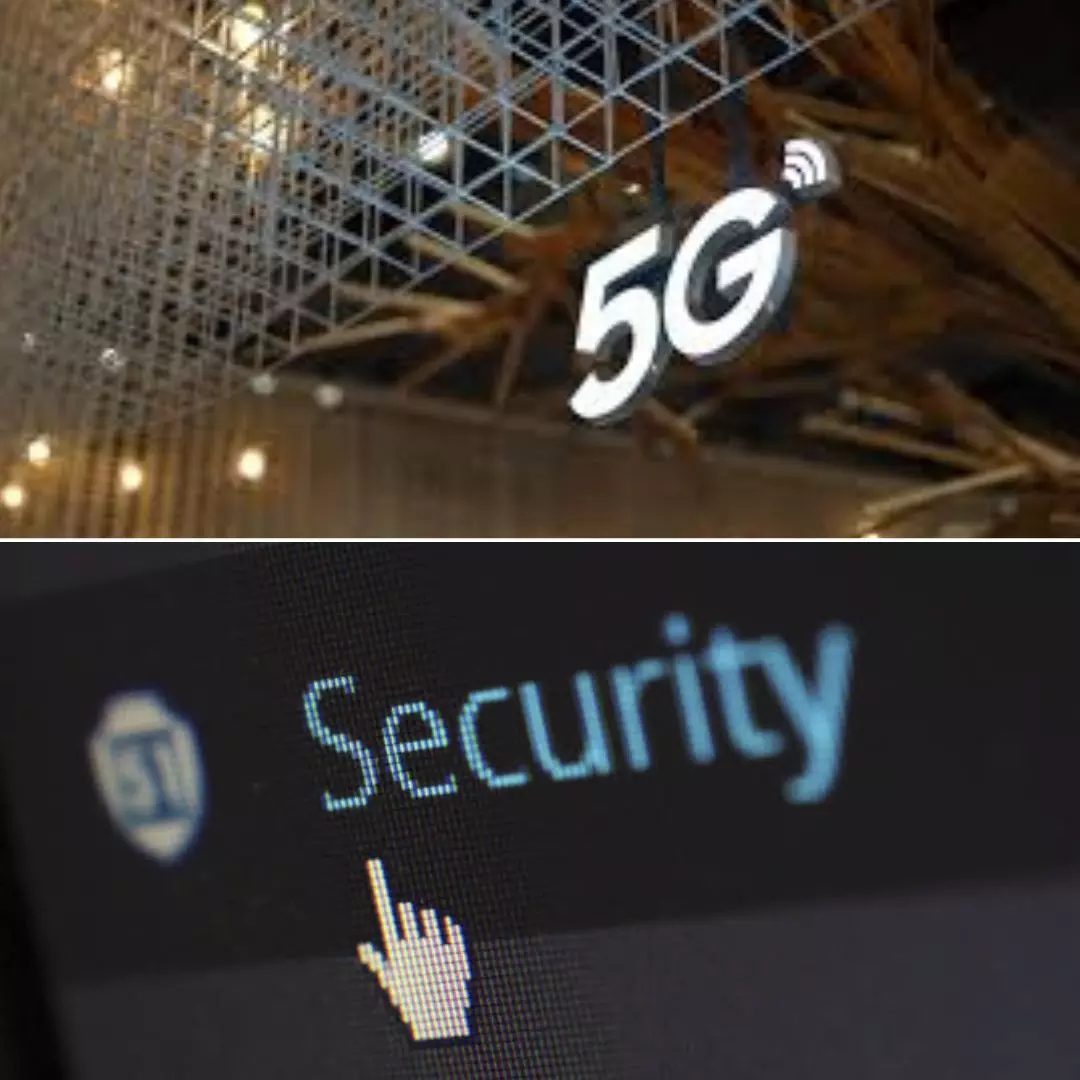5G Networks Potential Enabler Of Cyber-Crimes & Terror Activities, Says Police Report
Writer: Laxmi Mohan Kumar
She is an aspiring journalist in the process of learning and unlearning many things. Always up for discussions on everything from popular culture to politics.
India, 25 Jan 2023 9:28 AM GMT
Editor : Jayali Wavhal |
She writes about gender issues, human interest, and environment.
Creatives : Laxmi Mohan Kumar
She is an aspiring journalist in the process of learning and unlearning many things. Always up for discussions on everything from popular culture to politics.
Looking into the many loopholes and vulnerabilities of the high-speed 5G network, the Police report has warned about the key security concerns such as drug trafficking, human and organ trafficking, money laundering, and terror financing.
With telecom providers introducing 5G networks in hundreds of cities and establishing better and faster connectivity, the other side of the story often gets overlooked. Addressing the issues that arise along with such network systems, a few Indian Police Service (IPS) officers have submitted a report at a top cop's meet. Warning against the many loopholes and vulnerabilities of the high-speed 5G network, the Police officials looked into several key security concerns. The report suggests that the 5G network provides a perfect platform for middlemen and agents to build linkages for crimes such as drug trafficking, human and organ trafficking, money laundering, and terror financing.
A Growing Network Susceptible To Attacks
The papers, written by the IPS officers, were submitted at the conference of director generals of police (DGPs) and inspector general of police (IGPs), which was also attended by Prime Minister Narendra Modi. It saw the participation of over 350 top police officers of the country, National Security Adviser Ajit Doval, and many other prominent ministers.
The report noted that the 5G network, built on easily accessible and open Internet protocols, makes it highly vulnerable to cyber-attacks and could compromise the entire security grid of a nation. With the real-time 5G networks, cryptocurrencies and decentralised banking systems gained popularity and made it challenging to trace back to linkages and financial trails. This makes it an ideal space to carry out criminal and illegal activities. They instead suggested that a reserved 5G bandwidth with highly secured equipment should be developed to ensure that sensitive government and military-related communications can be carried out with the least cyber risk.
Generating Unsecured And Untraceable Routes
One of the issues posed by the 5G network is IDOR (Insecure Direct Object Reference), which speaks of the unsecured routes of radio interface encryption. Along with this, due to network function virtualisation (NFV), cyber-criminals can easily employ or execute attacks to access and even alter telephone numbers to be monitored. Despite the number of improvements and security advancements, these are equally exploitable by a tech-savvy mind.
Yet another issue highlighted with 5G is the operations of edge computing. In this system, the processing is done at decentralised inter-communicating nodes close to the user network. With no central node from where the data passes, the system furthers the concern of data collection for security establishments.
With such 5G systems enabled to support millions of Artificial Intelligence (AI) based devices, it raises the probability of a massive increase in attack surface for cybercriminals. As the market for such crimes widens, manufacturers could also try to sell the valuable data to marketers for targeted advertising and, even worse invasion of privacy.
As per a report by NDTV, improving holistic cyber security is the only solution to this newly created 5G ecosystem. The report views every Internet of Things (IoT) devices as a potential attack point and suggests safeguards in the form of consumer education and purchasing devices from trusted sources, among others. Furthermore, mobile operators have been advised to adopt a hybrid cloud-based approach that would locally store sensitive data.
Also Read: 'We Think Digital': NCW Ties Up With Meta & CyberPeace To Offer Digital Training To Over 1 Million Women
 All section
All section















